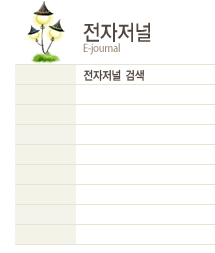 |
|

|
| Feeding efficiency of juvenile geoduck Panopea japonica in terms of water temperature and marine algae
|
|
| Saebom Sohn, Ki Tae Kim, Myung-Mo Nam, Chae Sung Lee and Hyun-Jeong Lim |
|
| East Sea Fisheries Research Institute NIFS, Gangneung 25435, Korea
Inland Fisheries Research Institute NIFS, Cheongpyeong 12453, Korea |
|
This study was performed to determine the effect of marine algae and water temperature on dietary feeding of juvenile geoduck (Panopea japonica) There was a significant difference on daily feeding efficiency of geoduck depend on temperature. In particular, it was shown that an ingested algal concentration was higher at 10, 15, and 20℃ than 5 and 25℃ for 24 hours. Clearance rate and ingestion rate of geoduck was relatively high at 15℃, showing 30.19 ± 1.06 L/hr/g, 21.83 ± 2.04 × 105 cells/mL, respectively. When two marine algae, Isochrysis galbana and Tetraselmis suecica, were provided to geoduck, there were no significant differences on clearance rate (CR), absorption rate (AR), absorption efficiency (AE) (p > 0.05) However, filtration rate (FR) was high when feeding on T. suecica compare to I. galbana. In conclusion, this study suggests that feeding activity of geoduck is considered to be high at 15℃. In addition, both I. galbana and T. suecica are necessary for geoduck though there was no difference between feeding efficiencies except filtration rate.


|
|
 34-4-2-201-207.pdf (714.1K), Down : 64, 2019-04-12 11:41:32 34-4-2-201-207.pdf (714.1K), Down : 64, 2019-04-12 11:41:32
| |
|
|
|
 |
|
사무국 & 편집국
: 충남 아산시 신창면 순천향로 22 자연과학대학 3317호
/ Tel: 041-530-3040 / E-mail : malacol@naver.com
|
 |
|
|
